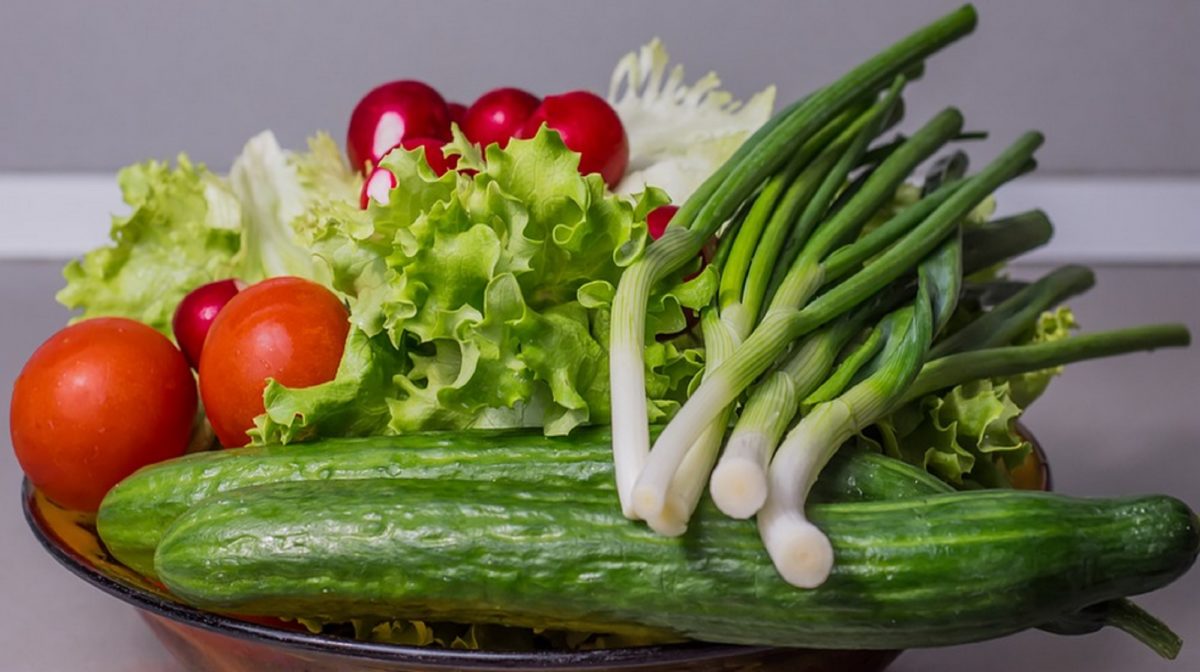One of the great pleasures in life is being able to produce your own food. Especially if you’re adopting a healthier lifestyle by making conscious decisions about what you eat. When you grow your own food, you know ‘how’ it was grown and that’s its free of harmful chemicals and toxins.
Unfortunately, crops are seasonal so we can’t harvest most fruits and vegetables on a year-round basis. That’s why learning how to properly store certain foods will ensure that you have healthy, organic food available for you and your family, no matter what time of the year it is.
 Here are some of the best crops to grow if you want to have enough to save for a rainy day:
Here are some of the best crops to grow if you want to have enough to save for a rainy day:
Tomatoes
One of the most popular foods grown, tomatoes are a staple in Italian, and Mexican cuisines, and is an ingredient in other popular dishes such as bolognaise, chili, and soups etc, etc.
There are several ways to preserve your tomatoes so that they will last.
Canning is a popular method of preservation and tomatoes can be canned whole or turned into tomato sauce, diced tomatoes, or tomato paste. Properly canned tomatoes can keep for several years, although the flavor starts to decline after the first year. (Be sure that you research ‘how’ to can foods safely ‘first’ of course).
Another popular option is to make sun-dried tomatoes.
Simply cut your tomatoes into slices, place them on parchment paper in a tray, sprinkle salt over them, and pop the trays into an oven which as preheated at 150 degrees. Leave the oven door ajar, so the air can circulate. The tomatoes should be dry in 10-12 hours. Store them in a sealed container in the refrigerator for up to 3 days, or place in a jar of olive oil and store in the refrigerator up to a month.
Green Beans.
Green beans are great addition to your garden because they can be used in a variety of ways. They are delicious in stir-fry dishes, casseroles, salads or steamed. They are an excellent source of vitamin C, A, and K.
Green beans will stay fresh for several months if you freeze them properly. Trim the green beans and drop them into already boiling water. Boil them for 2 to 4 minutes. This will ensure that they stay crispy.
Once you remove them from the boiling water, plunge them into a bowl of ice water and keep them there until fully cooled.
You then strain them and place them on a paper-towel to dry, then put them in a large re-sealable freezer bag. Label them and place them in the freezer.
Potatoes.
Potatoes will keep for about 3 to 5 weeks in your pantry as long as it’s dark. If you have a cellar or basement where the temperature is around 50 degrees or less, then your potatoes can last for at least 3 months. Just make sure to check them regularly since just one rotten potato will ruin the rest.
(Potatoes can also be frozen and canned).
Winter Squash.
Gardeners love winter squash because it keeps so well. In fact, the name “winter squash” refers to the time that the vegetable is stored. After harvesting it in the autumn, it’s simple to prepare squash so that it will last through the winter. This will ensure that you’ll have enough squash to add to your soups, side dishes, and even desserts.
All you need to do is to wash and store the squash in a warm dry place which gets plenty of air circulation for a period of 10-14 days. Once you do that, you can store them in a cool, dry place for 3 to 6 months.
Berries.
Berries are versatile and easy to store. You can freeze them, dehydrate them, can them, or turn them into jellies and jams. A great source of vitamins and antioxidants, you’ll feel special when you serve berries to your family during the middle of winter.
Conclusion.
Learn to how to properly store your garden’s harvest and you’ll be guaranteed to have plentiful food throughout the whole year. Not only will you reap the health benefits, you’ll save money too.
Remember; having the right information will make your job much easier and can help ensure the lasting success of your garden. Did you get your free copy of the E-book ‘Absolute Organic Gardening’? It goes into far more detail there.
If not, Click Here! to get your copy in seconds.
If you don’t initially see what you’re looking for here, please use the ‘Search Bar’ in either the Sidebar or Footer.

